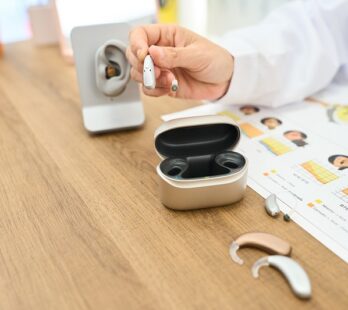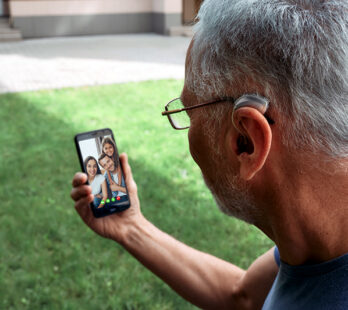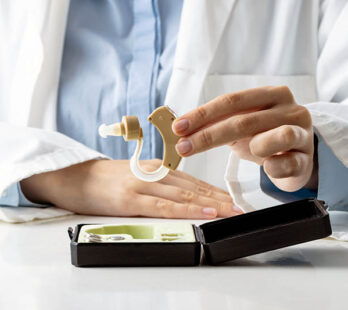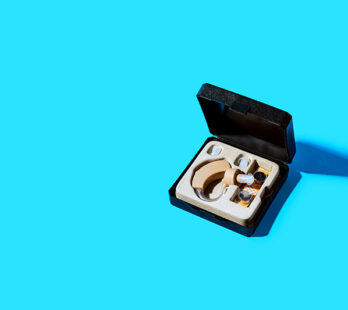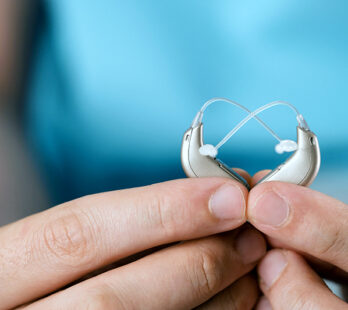How Can Hearing Aids Enrich Thanksgiving Moments
Thanksgiving marks the celebration of family, food, and gratitude, a day characterized by the enjoyment of delectable cuisine, the viewing of comforting films, and the opportunity to connect with family and friends. For people living with untreated hearing loss, there may be concerns regarding the inability to fully engage in the holiday’s joyful laughter and spirited conversations.


